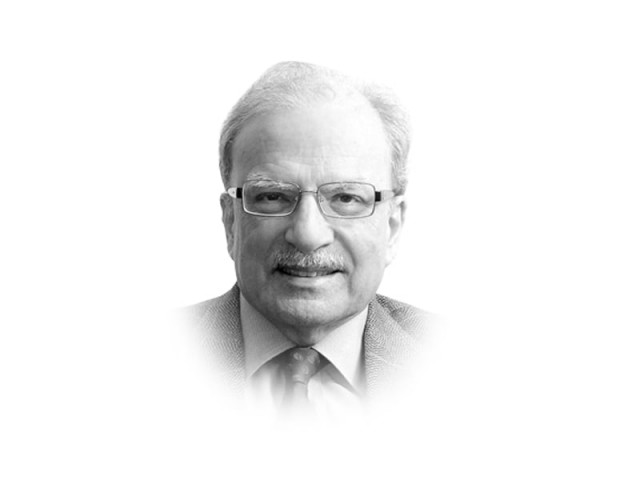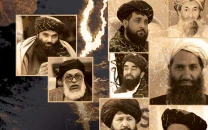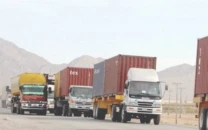It is more than a clash of civilisations
The geographic state from which the Islamic State would spread out to the rest of the world is in Iraq and Syria

The writer is a former caretaker finance minister and served as
vice-president at the World Bank
Analysts have begun to see these rebellions as expressions of angst by groups of people described as “angry, not well educated white middle-aged men who occupy the lower rung of the economic order” in their countries. This group has directed their anger at foreigners who have come to their countries and taken their jobs. They are also upset with countries such as China to which jobs have migrated. They want foreigners — people as well as countries — to be excluded from their political and economic systems. It is in this environment that extremism has entered the picture. Now, a group of extremists has thrown roots in parts of the Levant — the countries bordering the Eastern Mediterranean Sea from Turkey to Egypt. It is the Islamic State.
According to the group, the ideology it is pursuing would take its followers back to the early days of Islam. The style of governance was to be shaped according to what the group believes are the teachings of Islam. The group’s ambition is to bring under its sway all those around the world who follow the Islamic faith. Their number is estimated at 1.6 billion. There is not a single country among the almost 200 members of the United Nations that does not have a Muslim presence.
The geographic state from which the Islamic State would spread out to the rest of the world is in Iraq and Syria. This area had become susceptible for a move in this direction as a result of an almost unrelenting unfolding of history. The first two decades of the 20th century saw the collapse of the Ottoman Empire that had governed most of the Muslim world for several centuries. The dissolution of the Empire led to a period that lasted for three quarters of a century when the European powers colonised a good part of the globe. They arbitrarily drew dividing lines on the world map and carved out artificial states not founded on the concept of defined nations. Those boundaries are now under attack and may not survive into the future.
The definitional struggle of the IS has resulted in the staging of three different wars: against the West, against the Muslim-majority states that would like to be governed by liberal democratic structures, and against those in the Muslim world who don’t subscribe to what they, the extremists, regard as deviants from what they believe is the true Islamic faith.
After the Soviet Union collapsed in 1991 and eastern Europe was freed from the grip of communism, several Western thinkers responded to these unexpected developments with unrestrained euphoria. Among them, notably, was Francis Fukuyama, once a student of Harvard, Professor Samuel Huntington, who had already published his book Clash of Civilisations. In the book, the Harvard professor saw incompatibility between the West and other cultural systems. His focus was not entirely on the coming conflict between Islam and the West. He divided the world into eight systems; there was potential of conflict between and among them. Fukuyama, on the other hand, did not see a coming conflict. His book The End of History argued that liberal democracy, basic human rights and the capitalist free economy were some of the components of the only remaining alternative ideology for people and nations across the world to follow. That was not to be the case. Once again, the world is moving towards a deep, conflict-ridden crisis.
Published in The Express Tribune, September 12th, 2016.
Like Opinion & Editorial on Facebook, follow @ETOpEd on Twitter to receive all updates on all our daily pieces.












COMMENTS
Comments are moderated and generally will be posted if they are on-topic and not abusive.
For more information, please see our Comments FAQ